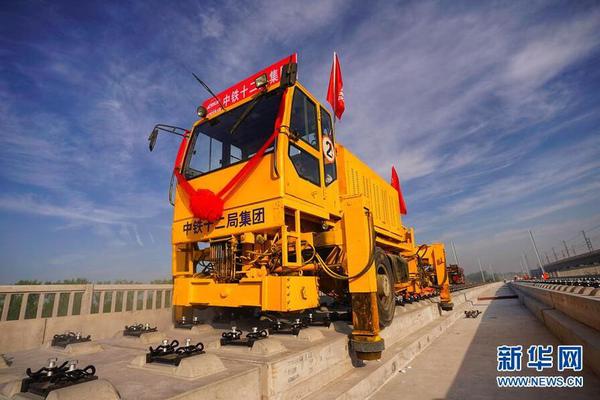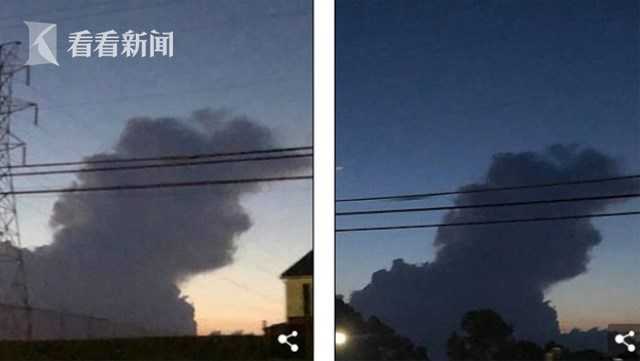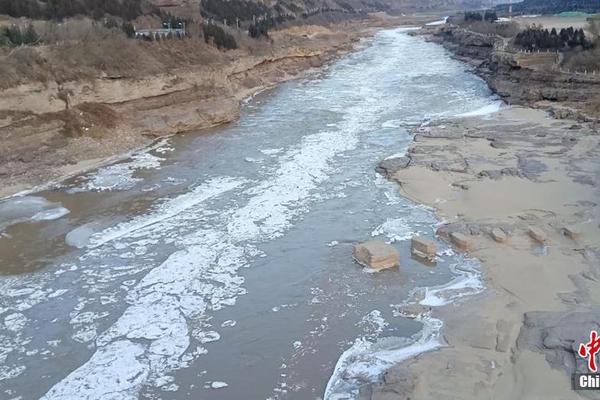The arabian night eroticismnewest, fastest mobile network to replace the current 4G network in the next few years might get a government takeover.
Axios obtained what appears to be a National Security Council PowerPoint presentation shown to the Trump administration. It lays out a plan to put the government in charge of building -- and paying for -- a nationwide broadband network.
The report bore the subtitle "The Eisenhower National Highway System for the Information Age," referencing a Dwight D. Eisenhower-era federal project that built the nation's federally controlled system of roadways. The use of that title suggests this is viewed as a project on a similar scale for President Trump: Internet and mobile services could become like our highway system.
SEE ALSO: T-Mobile CEO is still blathering about 5G in 2020Mobile networks have, for the most part, been privately controlled since the broadband technology was created. Some cities already offer broadband internet access, paid for by local governments in some way. But this plan would take over ongoing 5G development from all private companies and put the government in control.
The average American home broadband has download speeds of 17.2 megabits-per-second. On a 5G network, those speeds will reach close to 1 gigabit-per-second. T-Mobile, Verizon, and AT&T are all working on future 5G network access.
An alternate proposal from the presentation pits wireless providers against each other to build separate 5G networks. Axios reported that this idea is considered a lengthier and more costly option, but would mean "less commercial disruption" to the industry.
A big motivator for federal control of the network seems to be threats and competition from China and others. "China has achieved a dominant position in the manufacture and operation of network infrastructure,” and “China is the dominant malicious actor in the Information Domain," a slide reads.
It's unusual that President Trump would be on board with a federal takeover of a historically private industry. His campaign and first year in office have been about de-regulation and reducing government influence on business.
The nationalized network laid out in the proposal would be built in the next three years. That seems ambitious considering the government is competing with big service providers that are already moving quickly to bring the super-fast network to customers.
Topics Cybersecurity Donald Trump Politics
(Editor: {typename type="name"/})
 Best fitness deal: The Merach R50 rowing machine is 35% off at Amazon
Best fitness deal: The Merach R50 rowing machine is 35% off at Amazon
 3 'Counter
3 'Counter
 California inmates battle wildfires for $1 an hour
California inmates battle wildfires for $1 an hour
 There's a red sun over Britain and Londoners are loving it
There's a red sun over Britain and Londoners are loving it
 A NASA rover just conquered a treacherous climb on Mars
A NASA rover just conquered a treacherous climb on Mars
Meta deletes all AI character profiles on Facebook, Insta after backlash
 Meta has shut down its AI character accounts after backlash, NBC News and others have reported.While
...[Details]
Meta has shut down its AI character accounts after backlash, NBC News and others have reported.While
...[Details]
Here are all the celebrities who've commented on Harvey Weinstein
 Now that the "open secret" of Harvey Weinstein's sexual misconduct is just out in the open, and no l
...[Details]
Now that the "open secret" of Harvey Weinstein's sexual misconduct is just out in the open, and no l
...[Details]
How to help survivors of the devastating Northern California wildfires
 When multiple wildfires began raging early Monday morning in towns an hour north of San Francisco, r
...[Details]
When multiple wildfires began raging early Monday morning in towns an hour north of San Francisco, r
...[Details]
Bodycam footage shows harrowing rescue from California wildfires
 The sheriff's department in Sonoma County, California released bodycam footage showing officers driv
...[Details]
The sheriff's department in Sonoma County, California released bodycam footage showing officers driv
...[Details]
Best pizza oven deal: Save $150 on Chefman Indoor Pizza Oven
 SAVE $150:As of June 23, the Chefman Indoor Pizza Oven is on sale for $249.99 at Amazon. This is 38%
...[Details]
SAVE $150:As of June 23, the Chefman Indoor Pizza Oven is on sale for $249.99 at Amazon. This is 38%
...[Details]
All the places you've shopped that have been hacked
 Hackers are winning. This summer, they infiltrated HBO and stole unreleased material. Last month, th
...[Details]
Hackers are winning. This summer, they infiltrated HBO and stole unreleased material. Last month, th
...[Details]
Bodycam footage shows harrowing rescue from California wildfires
 The sheriff's department in Sonoma County, California released bodycam footage showing officers driv
...[Details]
The sheriff's department in Sonoma County, California released bodycam footage showing officers driv
...[Details]
The best way to get cheap data while traveling internationally
 My favorite travel gadget isn't my camera or noise-canceling headphones or even my iPhone. It's a SI
...[Details]
My favorite travel gadget isn't my camera or noise-canceling headphones or even my iPhone. It's a SI
...[Details]
Best air purifier deal: Save $300 on the Dyson HEPA Big + Quiet air purifier
 SAVE $300: The Dyson HEPA Big + Quiet air purifier with formaldehyde filtration (BP06) is on sale at
...[Details]
SAVE $300: The Dyson HEPA Big + Quiet air purifier with formaldehyde filtration (BP06) is on sale at
...[Details]
Huawei Mate 10 Pro is a unique phone with an AI heart
 China's top smartphone maker, Huawei, has recently overtaken Apple in global smartphone sales and it
...[Details]
China's top smartphone maker, Huawei, has recently overtaken Apple in global smartphone sales and it
...[Details]
Waymo stopped Los Angeles man from stealing a driverless car

Move over Batman and Robin — this comics team is the real dynamic duo

接受PR>=1、BR>=1,流量相当,内容相关类链接。